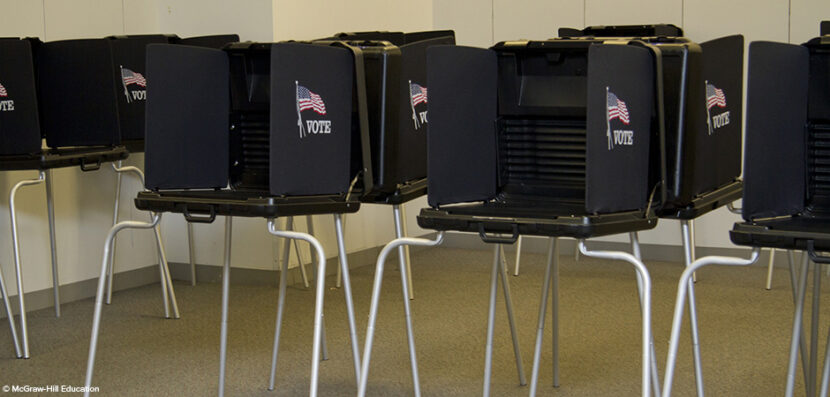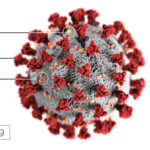Biden Takes Stronger Lead in Democratic Primaries
Chances are, you were so distracted by the coronavirus pandemic that the most recent round of primary elections–held on St. Patrick’s Day–snuck in under your radar. If so, you weren’t alone. But last Tuesday’s elections were significant for a few reasons: both in how they were affected by the virus outbreak, and in the influence they had on the remaining candidates’ campaigns. Here, Election Central takes a closer look at the election you may have missed.
Sanders Takes a Dive
Going into Tuesday night’s elections, former Vice President Joe Biden already had a substantial lead over his last remaining opposition, Vermont Senator Bernie Sanders, in the wake of Super Tuesday earlier this month. But Biden’s victory wasn’t a definite thing at that point; in other words, it was still mathematically possible for Sanders to win the number of delegates needed to become the Democratic candidate.
But after Tuesday night, the possible pathways to victory for Sanders decreased significantly. Biden enjoyed big wins in Florida, Illinois, and Arizona. Combined, the three states award 441 delegates, and Biden claimed more delegates than Sanders in all three contests This now gives him more than the majority of the delegates awarded so far (1,180 to Sanders’ 885). What this means is that while it’s still possible that Sanders could win the nomination, it’s increasingly unlikely.
In response to Tuesday’s results, Sanders’ aides have announced that he will be having lots of conversations and examining his race in the coming days. The next round of primaries isn’t for three more weeks, which gives Sanders plenty of time to consider whether or not he wants to stay in the race.
The Election That Wasn’t
A fourth state was supposed to participate in the St. Patrick’s Day parade: Ohio. However, in a last-minute decision, the delegate-rich state decided to suspend its primary. On Monday evening, Ohio Governor Mike DeWine, who has been a leader in the coronavirus response, proposed postponing the election. A Court of Common Pleas judge wouldn’t allow it and ordered that the election would go forward the next day as planned. However, late Monday night, the Ohio Department of Health Director, Dr. Amy Acton, declared the election to be a public health emergency and closed the polls.
Some Ohio Democrats praised the decision, emphasizing the importance of protecting the health of voters and poll workers during the coronavirus outbreak. Others–including Democratic U.S. Senator Sherrod Brown–are concerned that allowing a Republican governor to postpone an election indefinitely sets a dangerous precedent. (In other words, they worry that Trump could use a similar tactic to delay the November election.) At the moment, Ohioans are being urged to vote via absentee ballot while the courts determine a new election day.
Coronavirus and the Election
It’s impossible to know yet the extent of the impact that the coronavirus has had on the 2020 election. But it’s pretty obvious that the candidates have taken a backseat to the immediate public health crisis. Both Biden and Sanders have been clear that what matters right now is focusing on safety, health, and dealing with the economic fallout that will result from so many businesses shutting down. In addition, both candidates have canceled in-person rallies and other events, focusing instead on virtual events and outreach efforts. The most recent debate went on last Sunday night as planned, but minus an audience, with the candidates standing six feet apart from each other and bumping elbows rather than shaking hands.
Following Ohio’s lead, several other states have also postponed their primaries. At the moment, no further votes will take place until at least April.



